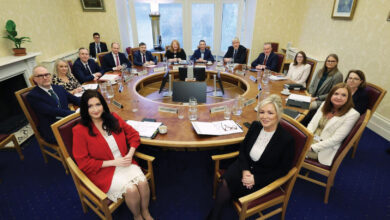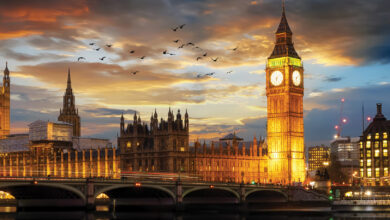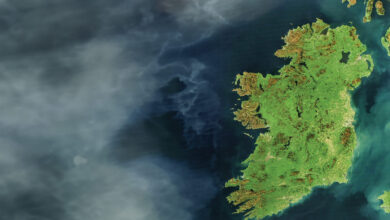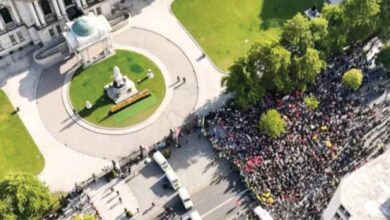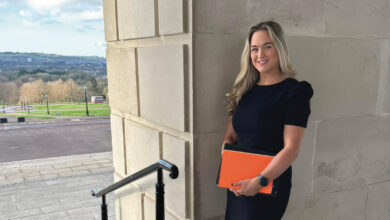Victims’ rights to investigation and participation
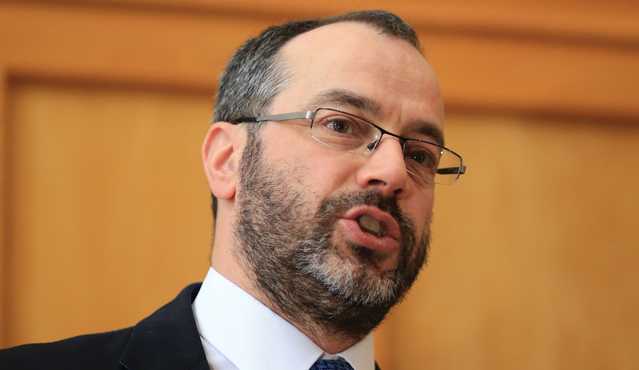
Amnesty International’s Patrick Corrigan welcomes the co-design process approach being adopted for “a human rights-compliant investigation into a litany of alleged human rights abuses” in Northern Ireland’s mother and baby and Magdalene laundry institutions.
When Amnesty first called for a public inquiry into mother and baby institutions, Skyfall was packing out the cinemas (remember them?), Gangnam Style was topping the charts and Peter Robinson and Martin McGuinness still occupied Stormont Castle.
The then First and deputy First Minister rejected our call, and those of the survivors, on the grounds that they were focused on setting up what was to become the Historical Institutional Abuse (HIA) Inquiry and did not want to widen its terms of reference, nor establish a parallel inquiry.
Neither the victims nor Amnesty gave up the pursuit of justice.
Ten years on, we are now finally close to the goal of 2012: a human rights-compliant investigation into a litany of alleged human rights abuses – from arbitrary detention and forced labour, to ill-treatment and forced adoption.
In January 2021, the Executive published a research report it had commissioned from academics at Queen’s and Ulster universities into mother and baby and Magdalene laundry institutions.
The 534-page report provides the fullest picture yet of the experiences of more than 14,000 women and girls sent to the institutions, most commonly as a result of pregnancy outside marriage, and what happened to their babies.
The institutions were operated by both Catholic and Protestant churches and religious organisations, but were largely funded from the public purse. Many of the women and girls were referred or sent to the institutions by state welfare authorities and even the courts. State responsibility is in no doubt.
The researchers also document the movement of women, girls and babies across the Irish border in both directions. Some 551 babies born in homes in Northern Ireland were moved to the Republic of Ireland, with some being adopted there or onwards in Great Britain and the United States.
The ground-breaking research exploded the myth once and for all that mother and baby and Magdalene laundry institutions were a phenomenon restricted to south of the border.
The historic abuses brought to life in the pages of the report, drawn from survivor testimony as well as public and privately-held records, left ministers with little choice but to announce their willingness to establish a proper investigation. Of course, they may also have been influenced by a legal case being pursued by a survivor challenging the failure to set up an inquiry.
In a meeting with survivors and Amnesty ahead of the report’s publication, the First and deputy First Minister committed the Executive to a co-design process, lasting up to six months, to agree powers and terms of reference of the investigation. They promised to implement the agreed proposals, including a potential statutory public inquiry.
While some were disappointed that an immediate inquiry had not been announced, Amnesty welcomed the decision.
Not only do victims of human rights abuse have a right to an effective investigation, so too do they have the right to participate in decisions which affect our lives. This point is key.
There is no point in dusting down the HIA Inquiry model and re-opening Banbridge courthouse for hearings, when that particular inquiry has been widely criticised by victims for leaving them feeling retraumatised and lacking legal representation.
The recent Commission of Investigation into Mother and Baby Homes in the Republic has also been widely criticised for its shortcomings, including the apparent destruction of victim testimony.
The Northern Ireland co-design process, being led by former senior police officer Judith Gillespie, is an opportunity to learn the lessons, good and bad, from previous inquiries. The next few months are an opportunity for survivors to determine the design of an inquiry which can finally meet their needs for truth, justice and acknowledgement. Watch this space.
Patrick Corrigan is Head of Nations and Regions and Northern Ireland Programme Director, Amnesty International UK.

